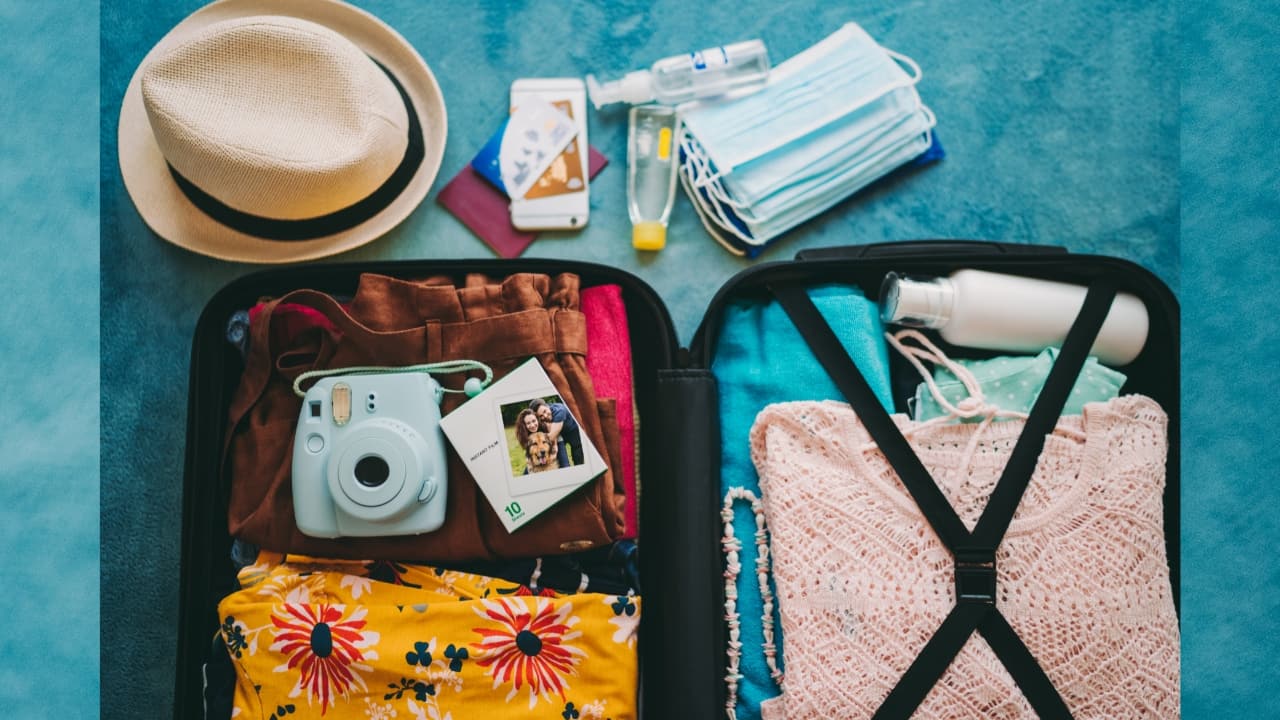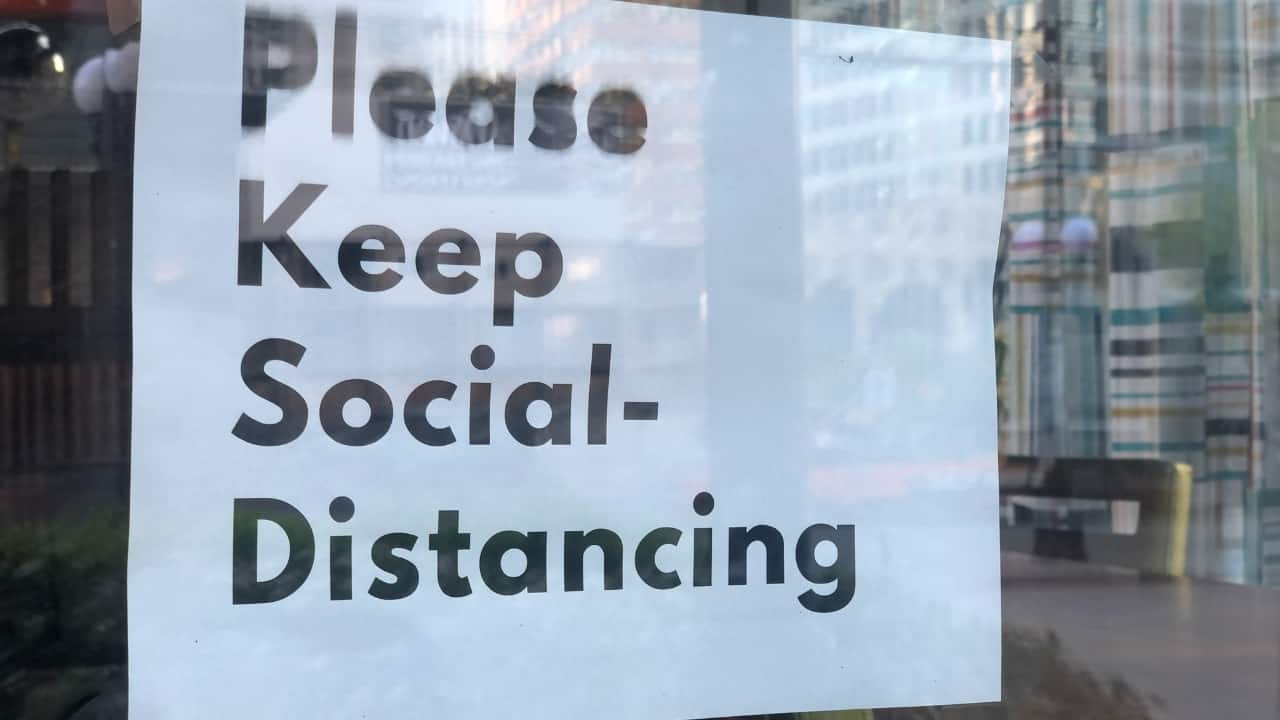



Planning a trip but concerned about rising COVID-19 cases in India? You’re not alone. As summer travel peaks, states like Maharashtra, Karnataka, Kerala, Delhi, Telangana, Andhra Pradesh, and Uttarakhand are witnessing a steady climb in infections. While no formal travel bans or lockdowns are in effect, it’s important to stay alert and travel responsibly to protect yourself and others.
If you're heading out this season, here's a state-wise update on the current COVID-19 situation and the precautions you should take:
 (Image: Canva)
(Image: Canva)
1. Delhi
The capital remains open for travel with no specific restrictions. However, authorities are urging caution. Masks are recommended in crowded or enclosed public spaces like markets, malls, and metro stations. Government offices and public institutions have been asked to remain on alert, ready to respond if infections continue to rise.
2. Kerala
Kerala has intensified its testing regime as it continues to report one of the highest active caseloads in the country—accounting for over 40% of cases nationwide. Visitors are encouraged to maintain high hygiene standards, including wearing masks in public, washing hands frequently, and avoiding close contact in crowded places. The state has also enhanced its surveillance systems to track and manage the spread.
3. Karnataka
In Karnataka, especially Bengaluru, caution is advised. The Indian Medical Association has issued a fresh advisory to doctors across the state. Alongside Kerala, Maharashtra, and Delhi, Karnataka is considered a high-risk zone. Travelers should steer clear of packed indoor spaces and continue using face masks in transit hubs and public venues.
4. Maharashtra
In Maharashtra, local administrations like the one in Thane have asked hospitals to be on standby for a potential spike. Though there are no formal travel restrictions, visitors should stay updated with local news and be prepared to follow evolving health guidelines. Using masks and maintaining safe distances in public places, especially in metros like Mumbai and Pune, is highly advisable.
5. Uttarakhand
With two new cases recently detected, Uttarakhand has sounded a high alert—especially with its influx of pilgrims and vacationers in places like Rishikesh, Mussoorie, and Kedarnath. Tourists are urged to stay vigilant, check local advisories frequently, and follow any on-ground safety protocols. It's wise to carry personal protective equipment like masks and sanitizers if you’re heading into hill stations or religious circuits.
6. Uttar Pradesh
The twin cities of Noida and Ghaziabad have emerged as clusters of concern, prompting an increase in testing and home isolation measures. If your travel route takes you through these regions, exercise extra caution in public areas and use protective gear. Staying clear of crowded marketplaces and indoor events is recommended to lower the risk of exposure.
7. Andhra Pradesh
New infections have been recorded in Visakhapatnam and across Rayalaseema, leading the state government to activate monitoring and surveillance mechanisms. While travel remains open, visitors are advised to avoid high-density gatherings and adhere to mask and hygiene protocols, particularly in coastal cities and transport hubs.
 (Image: Canva)
(Image: Canva)
Precautions You Should Take While Traveling
When to Seek Medical Help During Your Trip
Travel is still very much possible, but a bit of caution goes a long way. By staying informed, taking simple precautions, and being considerate of others, you can enjoy a safe and memorable journey—even in the midst of rising COVID-19 numbers.
Discover the latest Business News, Sensex, and Nifty updates. Obtain Personal Finance insights, tax queries, and expert opinions on Moneycontrol or download the Moneycontrol App to stay updated!
Find the best of Al News in one place, specially curated for you every weekend.
Stay on top of the latest tech trends and biggest startup news.